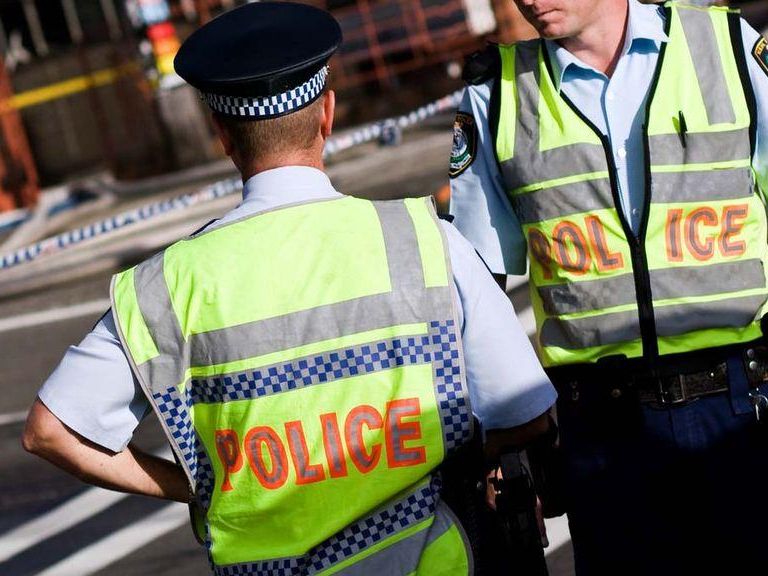At Brady and Associates we receive many questions about Police powers and your identity information. What are the Police actually legally entitled to do if they stop you on the street? It is important to know your rights so that you don’t find yourself in unnecessary legal trouble.
If you find yourself in a situation where you have not committed an offence, but the police have asked to see your identification there are a few things you should know.
What You Should Know
Firstly, the only forms of identification that you legally need to provide are your full name and/or your residential address.
The police have the power to require your identity for three reasons:
- They think you know something that will help them investigate a crime
- They are going to give you a direction to cease your behaviour or to move on from a public place (if you are intoxicated). If you refuse, the police have the power arrest you for the purpose of establishing your identity.
- You are driving a car or riding a motorbike, the police can also require you to provide your driver’s licence as well as your full name and your residential address.
In the above situations, the police have the power to arrest you for the purpose of establishing your identity if you refuse to give them your name and address.
Additionally, it is important to note that providing a false name or address or refusing to comply with the police officer’s direction is an offence which holds hefty fines.
If you are unsure if the situation you are in meets the above situations, you can always ask Police to explain why they require your identity. They should be able to explain on what grounds they are requesting it from you.
If you are in one of the above situations, it is best to comply with Police by providing your identity to avoid being arrested or charged. However, if your circumstances do not meet the above situations, you are under no legal obligation to provide Police with your information.
Brady and Associates Lawyers are experts in criminal and traffic law. If you need legal advice for any matter contact us today.
Sources:
Section 11 Law Enforcement (Power and Responsibilities) Act 2002 (NSW)
Section 19 Law Enforcement (Power and Responsibilities) Act 2002 (NSW)
Section 99 Law Enforcement (Power and Responsibilities) Act 2002 (NSW)

